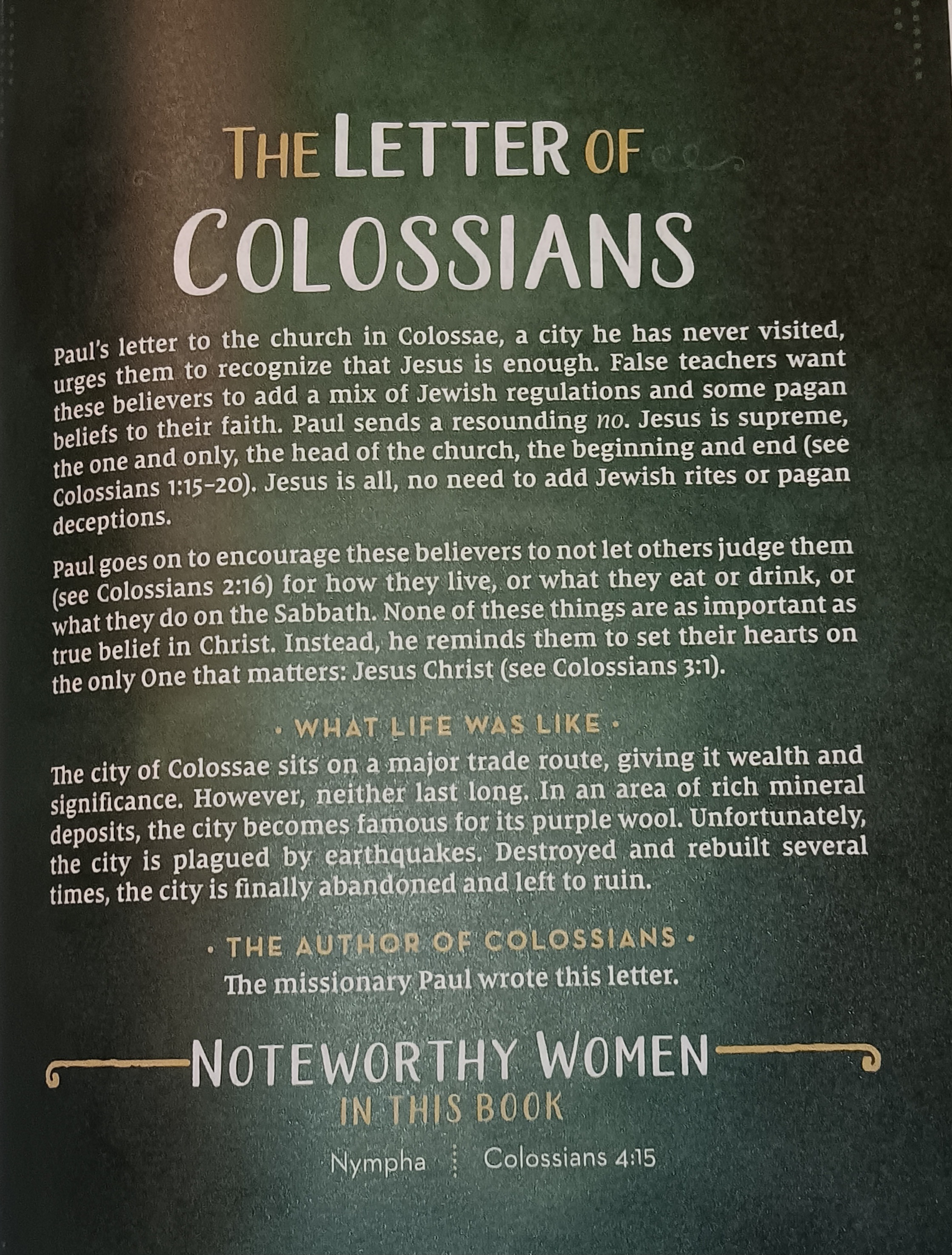First, A big thank you to Zondervan Bibles for sending me this beautiful, free copy of the Amplified Bible, Journal the World edition, for an honest review. This review is my own opinion as an avid reader and student of the Bible.

The Bible arrived in good shape and came with a nice cardboard protective sleeve. My first impression when I pulled the Bible out was “WOW! This feels like real quality!”

My first Bible was an Amplified translation and I have found it a helpful tool for understanding scripture, studying, and preparing teaching notes.
This edition of the Amplified Bible will be especially appealing to people who don’t have a problem writing in their Bibles.
I am the kind of person who likes to write in my Bibles, highlight certain portions of scripture, and jot down important thoughts regarding the text so the idea of lined margins at the edge of the page are just begging me to fill them up with my thoughts and ideas about the scriptures.
PROS
This Bible is pretty easy to rate and review because the Amplified translation doesn’t have the helps, concordances, and other extras that most other Bibles have. Instead, it focuses on the word for word interpretation of the text.
The Bible has a comfortable 9.5 font making it easy to read without having to squint or wear readers. When opened to any page the Leathersoft copy of the Bible lays flat, making it easy to handle and easy to read. It also makes writing in the margins easier because you don’t have to press down on the Bible to get an even writing surface. Hard copies don’t do this nearly as well, so Leathersoft or leather is always preferred by those who like to write in their Bibles.

The quality of the paper is great! It is a pleasant cream color, and it is thick enough to minimize bleed-through from pens and highlighters. This is an important feature for a Bible designed to write in. I can’t tell you what a mess it makes when highlight colors and ink show through to the other side of the page. Not only does it look messy, but it also makes it hard to tell what is highlighted and what isn’t. The two satin ribbon markers are a helpful addition and the Leathersoft cover feels good and is a great final touch to this Bible that has a very luxurious feel and expensive look.

CONS
Not too many cons with this Bible. This is a high quality, bare bones, simple Bible which I really appreciate. The only thing that was a little different was the shape. To add the nice wide margins, they had to make the Bible wider and it is almost square which I find slightly awkward. But that’s just being nit-picky.
Although this is my own personal preference, I would say that adding a few simple study tools like scripture cross-references, reading plans, Harmony of the Gospels, or maybe some book introductions would likely improve on the overall appeal of this Journal the World edition Amplified Bible.
I am a firm believer in doing everything possible to get people inspired to read the Bible and pursue a personal relationship with God through the scriptures. One of the ways that Zondervan does this is by creating niche Bibles like this one that appeals to a reader’s age group, gender, or personal preferences like writing in your Bible.
I highly recommend this Bible in the Leathersoft cover.
You can purchase this Bible Here on FaithGateway for $47.59.
You can also get it Here on Amazon for $51.06, and Here on Christianbook.com for $42.99
Thank you, Zondervan for a truly outstanding Bible and valuable study tool.
Sincerely,
Jack Coley @ Truth Pressure Ministries. #zondervanpartner












